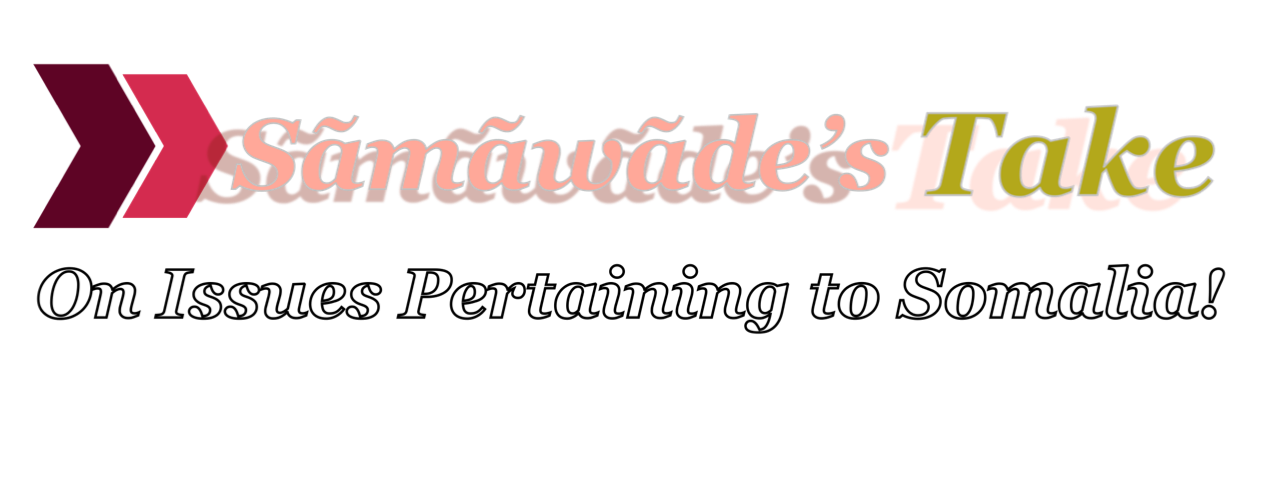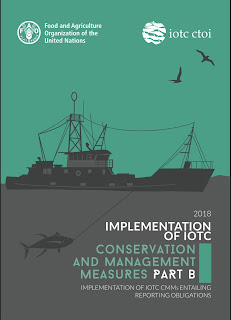A Concept Note: Propping-up the Social Contract by Abdirizak A. Hassan

A Concept Note: Propping-up the Social Contract: The Case for the Restoration of Social Accountability in Somalia. Nairobi, January, 2024. Introduction: Social accountability is about involving citizens in the decision-making processes of government and making those who hold power over the people answerable. It is a fundamental principle of democracy and a powerful ally of the social contract between citizens and the state. Moreover, it improves governance, service delivery and social empowerment. A government’s observance to the social contract is a tester and an enabler of the social accountability activism of its citizens. Through the redresses of social accountability, it is the duty of the government to account for its actions and accept responsibility for them. The purpose of this concept note is to put forward the aptness of initiating social accountability mechanisms and tools in Somalia now; and how that would empower the civic space and render the government accounta







